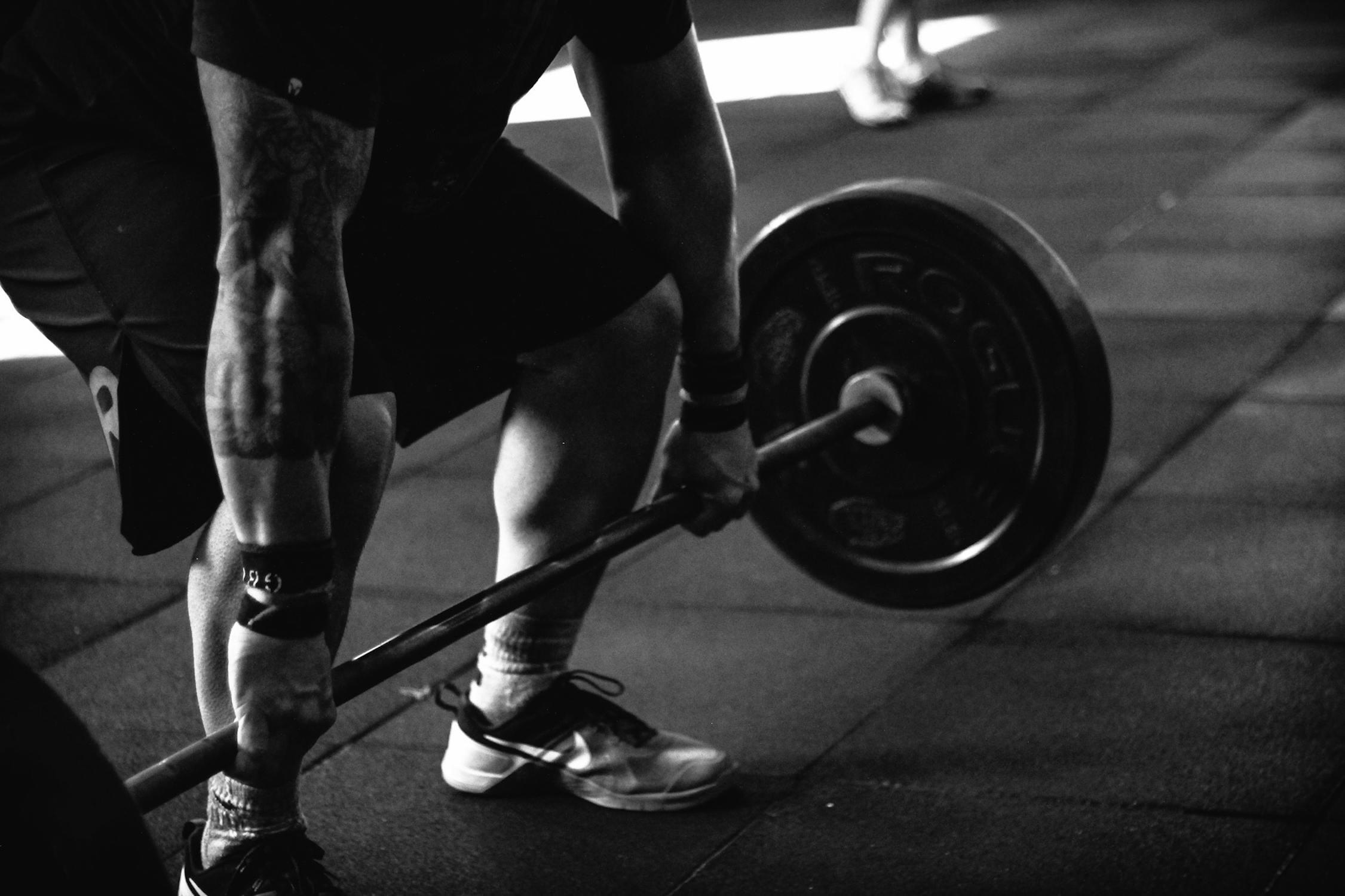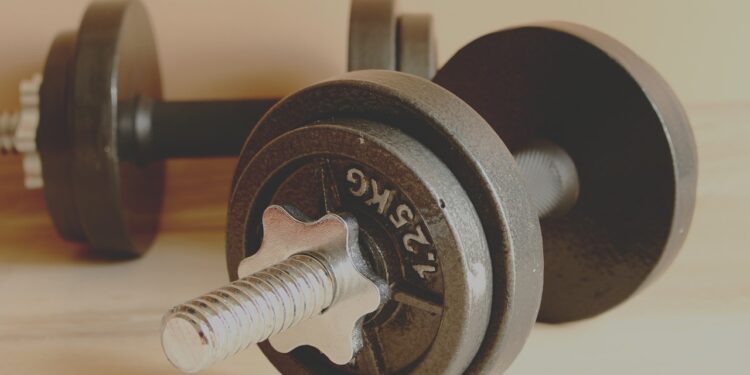It seems like everywhere you look people are keeping fit. The pressure is even worse on the internet, you’ll find videos and pictures of people in the gym lifting weights and what not. They’d advise their audience to hit the gym and stay fit. It’s very good advice but that’s about what they tell you.
But working out is more than just lifting weights and taking a glass of protein shake. If you lift weights with bad form, you could damage your joints or even have nerve issues afterwards. Weightlifting has tons of benefits, but it also has its possible negative effects, which I fear aren’t talked about as much.
Let’s look at some of these side effects of lifting weights.
Injuries: One of the common side effects of lifting weights are injuries. Muscle strains or tears are one of the injuries that can happen when you don’t warm-up properly. Because of that, the muscle fibers become overstretched or torn.
During weightlifting, the joints are repeatedly stressed. Over time, this can wear down the cartilage in the joints, which causes chronic pain. Another injury you could get from weight lifting is inflammation of the tendon, a fibrous tissue connecting muscles to the bone.
This condition is called tendinitis. If you lift weights without allowing yourself to properly recover, you can get tendinitis, especially in areas like the elbows, shoulders, and knees.

Hormonal Imbalances: Lifting weights can also increase the level of testosterone which is a hormone that aids muscle growth. It also increases the stress hormone level called cortisol. This throws off hormone levels, because the body needs a balance in hormones in order to keep things running smoothly. When the hormones are imbalanced, it can lead to irregular menstrual cycles, acne, and hair loss etc. .
Psychological Issues: Lifting weights can make people feel overly worried about how they look. This is a condition called body dysmorphia, where someone keeps focusing on what that thing I’d wrong with their body, even if others don’t notice it. One example is feeling like they don’t look muscular enough and pushing themselves too hard to look a certain way. This only leads to setting unrealistic body goals.
Also, the pressure to look a certain way can affect how people eat. If you’re pressured to look a certain way, you might start eating very little or starving yourself to stay thin, a condition known as anorexia nervosa. Or you might eat a lot of food quickly and try to throw up or over exercise to get rid of it, a condition called bulimia nervosa. Or you could even find yourself eating large amounts of food all at once and then feeling bad about it afterward, a condition known as binge-eating disorder.
Other Potential Side Effects: Lifting weights can sometimes put extra stress on the kidneys, especially if you already have a kidney problem. Also, using too many protein shakes or supplements can also make a kidney problem worse. After working out hard, you might find it difficult to sleep because your muscles might feel sore, which makes it uncomfortable to sleep.
If you exercise late at night, which many people do, your body might feel too pumped up to relax and fall asleep. Furthermore, you can also get headaches after lifting weights. Weight lifting causes the blood pressure to temporarily rise, which also causes headaches, and it also strains your neck or shoulder, causing the tightness in that area to spread to your head.
Bottom Line
Weightlifting is a great way to stay strong and healthy. Many people talk about the good side of lifting weights, but not everyone mentions the risks. You could get things like injuries, hormone problems, stress about your looks, and even health issues like headaches or trouble sleeping, if you’re not careful. All you need to do is lift weights the right way, have a good plan, and take care of your body.

















